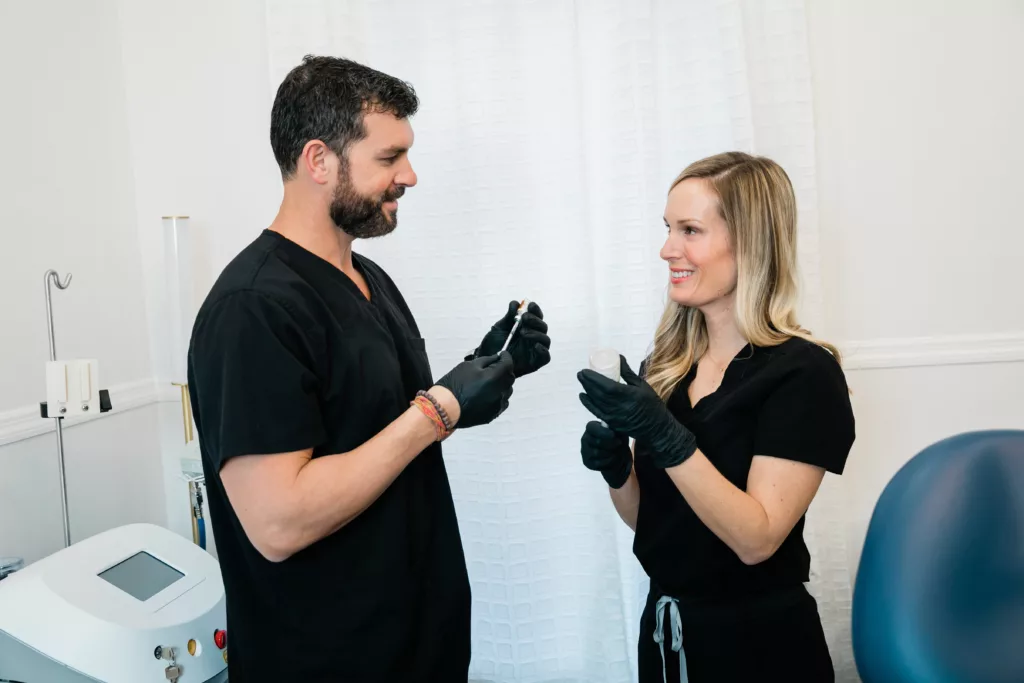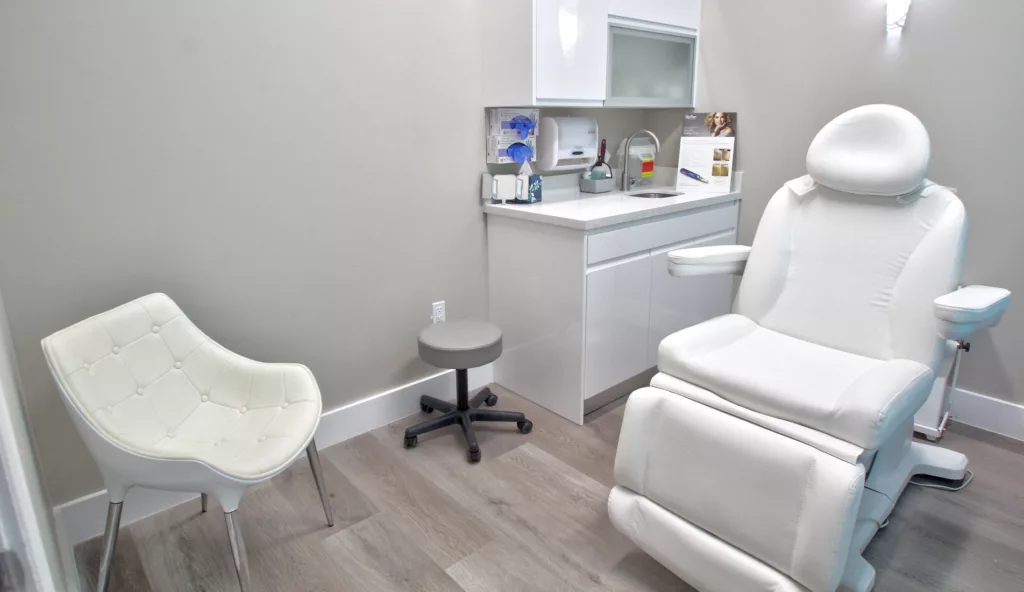Dental practice owners increasingly receive direct purchase offers from Dental Service Organizations (DSOs). While these offers can be appealing, understanding their full context helps inform better transition decisions.
What is a Direct Offer?
A direct offer is a non-binding letter from a DSO indicating interest in purchasing your practice. These offers typically come from private equity-backed organizations with significant capital available for acquisitions. While they may present attractive initial valuations, they represent just one of several paths available when considering a practice transition.
"Don't jump into bed just because the dollars are right. Look for somebody that you can be partners with." said Dr. Max Kerr.
The Current Landscape
The dental industry has been steadily consolidating over the last decade. DSOs approach practice owners directly because they can move quickly, minimize transaction costs, and prefer negotiating directly with practice owners. This direct approach has created new opportunities beyond traditional doctor-to-doctor transitions, but it also introduces complexity that requires careful consideration.
Essential Questions When Evaluating a Direct Offer
Before making a decision about a direct offer, consider these key questions:
- Market Value: Have you received multiple offers to understand your practice's true market value?
- Deal Structure: Do you understand all terms beyond the initial purchase price?
- Negotiation Support: Are you comfortable handling complex transaction terms independently?
- Team Impact: Have you considered how the transition will affect your staff?
- Future Role: Do you have a clear picture of your position post-sale?
- Cultural Fit: Does the buying organization align with your practice philosophy?
- Growth Potential: What opportunities exist for practice expansion under new ownership?
- Exit Strategy: How flexible are the terms for your eventual transition from practice?
The Role of Professional Guidance
While direct offers can be appealing, working with an experienced M&A advisor provides market insight from multiple transactions and professional negotiation expertise. This guidance often proves valuable during due diligence, documentation, and post-close integration phases.
"Thomas basically predicted that we would see a certain amount of offers from these specific groups. And that's exactly what happened," said Dr. Robert Hendricks.
Making an Informed Decision
The decision to accept or decline a direct offer should align with both your professional and personal goals.
"It's a lot to just let go. I built this practice from scratch, from no patients to thousands of patients, blood, sweat and tears, weekends, you know, everything," said Dr. Alice Bui.
Take time to research the buying organization thoroughly and understand all aspects of the proposed transaction. Consider how the decision impacts your team and your long-term career objectives.
Looking Ahead
Whether you choose to accept a direct offer or explore other options, ensure your decision serves your unique situation. The dental practice transition landscape continues to evolve, offering multiple paths forward. Your choice should reflect careful consideration of both immediate and long-term implications.
This article is based on Practice Transitions Group's experience guiding dental practice owners through successful transitions. For more specific guidance on your situation, we welcome you to reach out for a conversation.



